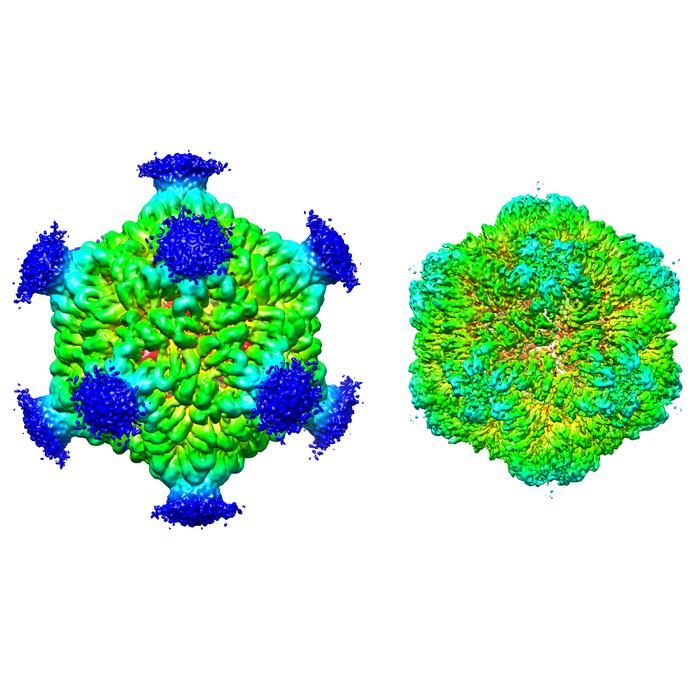Scientists finally know how cancer causes memory loss in some patients
Findings may lead to ways to block antibodies from getting into brain in cancer patients with neurological symptoms
Your support helps us to tell the story
From reproductive rights to climate change to Big Tech, The Independent is on the ground when the story is developing. Whether it's investigating the financials of Elon Musk's pro-Trump PAC or producing our latest documentary, 'The A Word', which shines a light on the American women fighting for reproductive rights, we know how important it is to parse out the facts from the messaging.
At such a critical moment in US history, we need reporters on the ground. Your donation allows us to keep sending journalists to speak to both sides of the story.
The Independent is trusted by Americans across the entire political spectrum. And unlike many other quality news outlets, we choose not to lock Americans out of our reporting and analysis with paywalls. We believe quality journalism should be available to everyone, paid for by those who can afford it.
Your support makes all the difference.In rare cases of cancer, the patient’s own immune system may start attacking the brain, leading to rapid memory loss, but how this happens has remained unknown – until now.
A new study, published in the journal Cell on Wednesday, has found that some tumours release a virus-like protein that can kickstart an out-of-control immune system to damage brain cells.
The rapid escalation of symptoms including memory loss, behavioral changes, loss of coordination, and even seizures is part of a condition called anti-Ma2 paraneoplastic neurological syndrome.
This rare neurological disease occurs in less than one in 10,000 people with cancer, researchers say.
While its precise symptoms may vary across individuals, they all involve rapid immune reactions against the nervous system that can be quickly debilitating.
Most patients may experience these neurologic symptoms before they even know they have cancer, scientists say.
The symptoms, researchers say are caused by the immune system suddenly targeting specific proteins in the brain, including one called PNMA2.
When researchers probed the protein’s structure using advanced microscopy, they found that multiple PNMA2 could spontaneously self-organize into 12-sided complexes resembling the outer shells of some viruses.
Since the immune system’s main function is to attack viruses, PNMA2’s virus-like structure makes it prone to being targeted, scientists found.
In mice experiments, they found that the immune system attacked PNMA2 only when it was assembled into this virus-like structure.

Researchers also found that in rare cases tumor cells in other parts of the body start producing PNMA2 protein, which is usually only made only in the brain.
In these cases, the body’s immune system makes antibodies that direct cells to attack this protein.
Once the immune system gets activated to target this protein, it also targets parts of the brain that produce PNMA2 normally, such as brain regions involved in memory, learning, and movement.
In further research, scientists hope to understand which aspect of the immune response in such patients causes cognitive decline – the antibodies themselves, immune cells making their way into the brain, or a combination of the two.
The findings, according to researchers, may lead to ways to block antibodies from getting into the brain in patients with cancer who experience neurological symptoms.

Join our commenting forum
Join thought-provoking conversations, follow other Independent readers and see their replies
Comments